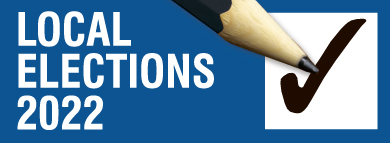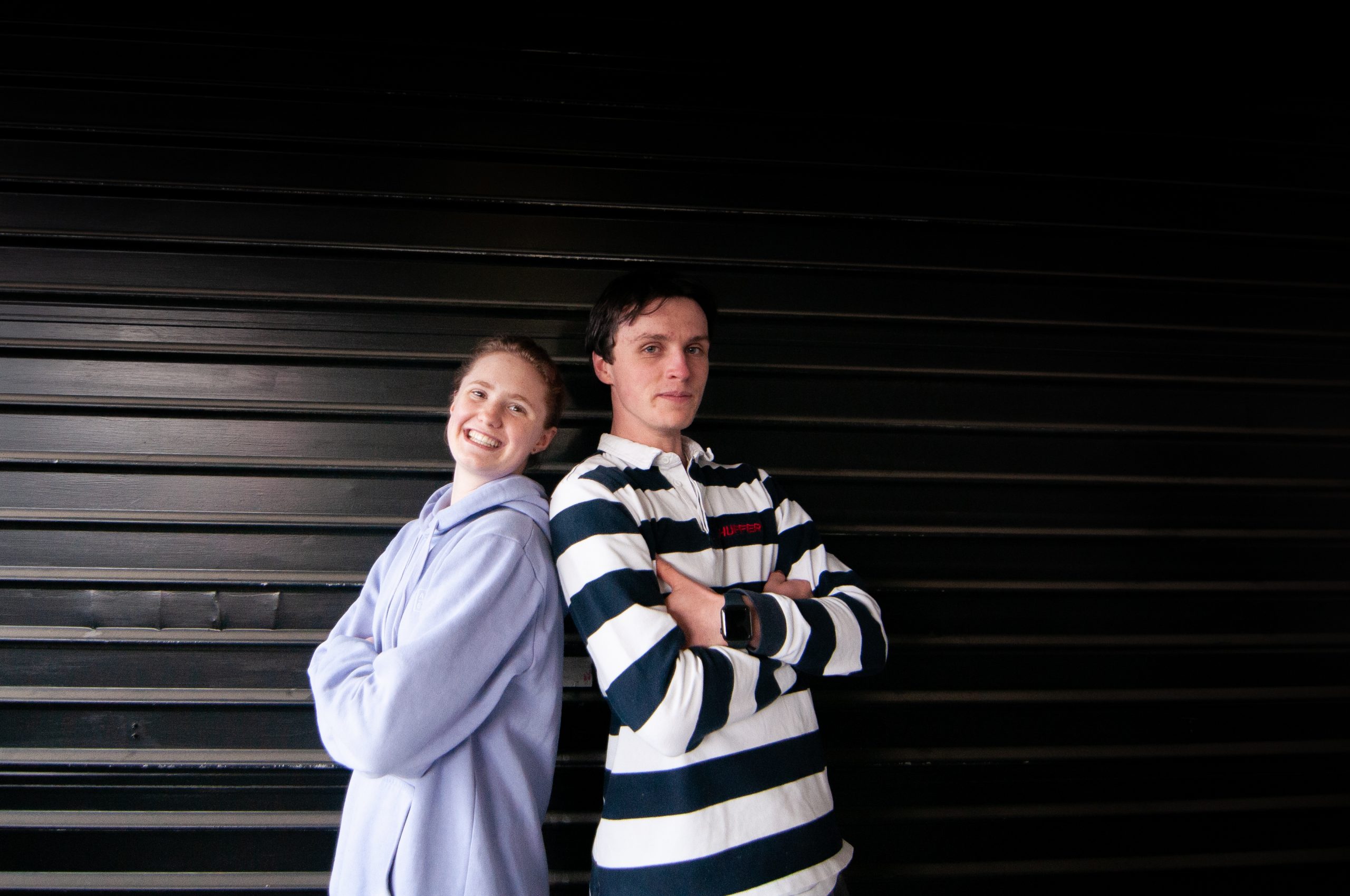
Voting has opened for the 2022 local body elections and as candidates hit the campaign trail, a fresh wave of young voters are preparing to cast their debut ballets.
For many of the region’s school leavers, the local elections represent the first opportunity to exercise their civic duty.
While Meet the Candidates meetings are traditionally dominated by older people and concerns about Three Waters, local government reforms, water quality and Lake Dunstan; mental health, climate change, and road safety outside schools — are some of the big issues concerning the region’s high school-aged voters.
Data from the Electoral Commission reveals there are an estimated 430,185 eligible voters aged 18-24 years of age nationwide. Of those, 279,857, or 65% of them, are enrolled to vote on either the General or Maori Rolls.
In Central Otago, 75% of younger voters — or 992 people — are registered to vote. However, in the Queenstown Lakes District Council area that number is 67%, or 1650 people aged 18-24 years.
The three-yearly local election and general election cycles mean for many in the 18-24 year age bracket, this year’s local elections will be their first opportunity to vote.
Central Otago Youth Council chairwoman and Dunstan High School pupil Tabitha Hildyard (18) said it was important for young voters to engage with local government politics and be informed so they could make their own decisions.
“I think because people often make their choice based on what their friends and their family do — but it’s a personal decision. It’s important they get to know who the candidates are and what they stand for and who represents the community best for them.’’
The Central Otago Youth Council is holding a speed dating-style Meet the Candidates event on Tuesday to help young people get to know who they may be voting for.
The teenagers were coming up with the questions and the format would put candidates on the spot, Tabitha said.
“It’s like speed dating with the candidates —quick fire, no notes.’’
A first-time voter herself, Tabitha said it was important to her to get to know who candidates were and what they stood for.
‘‘It can be a bit overwhelming to make a choice you don’t know anything about,’’ she said.
Mental health and climate change were two issues front of mind for Tabitha this election.
‘‘Climate change [is important] as well — we’re the generations that will be affected,’’ she said.
Eighteen-year-old Jake Miller welcomed the opportunity to gain better insights into the candidates.
‘‘For myself it’s an opportunity to learn about the process as I’m now eligible to vote and don’t know a lot about politics,’’ he said.
Hannah Tait (18) was ‘‘excited’’ at the prospect of casting her first vote.
‘‘It’s really exciting. It’s strange because you finally feel like an adult but it’s really exciting to be able to really use your voice to create some change.’’
She said she felt equipped to vote.
‘‘I think 18-year-olds have a good enough state of mind, and a good enough attention to where they live, to be able to vote in local elections.’’
Being connected to her community and the ability to be able to get involved were important to her. She also felt diversity was a key issue.
‘‘Being able to connect to the community and feel a part of things, and being able to get involved — it’s really important to be able to get involved.’’
Maintaining a balance between welcoming tourists but still remaining home for locals was also key.
‘‘I think we need to be able to keep a watch on diversity because that’s a really important part of our town and making sure that we invite tourists but still make it a safe place for locals,’’ she said.
In 2019, voter turnout at local body elections was less than 45% throughout New Zealand, with younger people even less likely to vote.
Central Otago District Council chief executive Sanchia Jacobs said the council was supporting the national Vote 2022 campaign led by Local Government New Zealand (LGNZ), utilising both national resources and customising them to fit a local context through both the Stand phase and the Vote phase of the elections process.
‘‘Engaging young voters is just one aim of a wider campaign to engage our community in this year’s local elections,’’ she said.
‘‘It’s really important for young people to take an interest as the decisions made by local councils are often long›term ones — decisions that will affect them, and ultimately their children.
‘‘Whether it relates to the roads that get them to their favourite swimming spots and mountain bike trails, or sports facilities that mean they can practise and play sports right here in Central, the way we deliver best is by having input from those people that will have to live with the good, the bad and (hopefully never) the ugly of those decisions.’’





